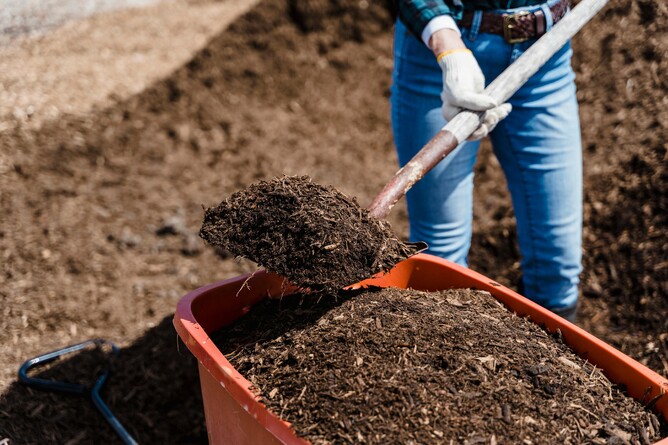Composting is basically alchemy; you toss in kitchen scraps, yard clippings, and other organic materials, and nature turns it into crumbly black gold. But sometimes, your compost pile doesn’t cooperate—it’s not heating up, or it’s just lukewarm when it should be steamy. If you’re dealing with a compost pile that’s playing it cool, here’s why it might be happening and how to get things back on track.
1. Lack of the Right Ingredients
The Problem: Composting is all about balance—specifically, the balance between “greens” (nitrogen-rich materials like food scraps and fresh grass clippings) and “browns” (carbon-rich materials like dried leaves, straw, and cardboard). If your pile is too heavy on the browns, it won’t heat up properly because there isn’t enough nitrogen to fuel the decomposition process.
The Fix: Adjust the balance by adding more greens to your pile. Aim for a mix of about 2/3 browns to 1/3 greens. If you think your pile is too dry (another side effect of too many browns), add a bit of water to help things along.
2. Pile Size Matters
The Problem: If your compost pile is too small, it might not generate enough heat. Composting is an exothermic process, meaning it releases heat, but you need a critical mass of material to reach those higher temperatures.
The Fix: Build your pile to at least 3x3x3 feet. This size provides enough volume for the compost to insulate itself and maintain the heat it produces. If your pile is smaller, consider adding more material or combining it with another pile.
3. Not Enough Airflow
The Problem: Just like a fire needs oxygen to burn, your compost needs airflow to heat up. Without proper aeration, the microorganisms that break down the compost can’t do their job effectively, and your pile won’t get hot enough.
The Fix: Turn your compost pile regularly, about once a week, to introduce more oxygen. You can also add materials like straw or small branches to help create air pockets within the pile.
4. Too Much Moisture (or Not Enough)
The Problem: Compost should be as moist as a wrung-out sponge. Too much water can drown the microorganisms and lead to a soggy, smelly mess. On the flip side, if your pile is too dry, those microorganisms will go dormant, and decomposition will slow to a crawl.
The Fix: If your compost is too wet, turn it more frequently and add dry browns like leaves or shredded newspaper to soak up the excess moisture. If it’s too dry, sprinkle it with water as you turn it until it reaches the right level of moisture.
5. Cold Weather
The Problem: If it’s winter or you live in a cooler climate, your compost might be struggling to heat up because of the external temperature. While the composting process generates heat, very cold weather can slow it down.
The Fix: Insulate your compost pile to help retain heat. You can do this by covering it with a tarp, adding more material to increase its size, or even building a more insulated compost bin. In some cases, you might need to accept that composting will slow down in the winter and pick up again as the weather warms.
6. Compost is Fully Mature
The Problem: If your compost pile has been cooking for a while and suddenly isn’t heating up anymore, it might just be done! Finished compost won’t heat up because there’s nothing left to decompose.
The Fix: Check if the compost is dark, crumbly, and earthy-smelling. If it is, congratulations—you’ve got finished compost (or at least compost that is ready to cure and increase its fungal load)! If not, and it still seems chunky, mix it with newer material and let it continue to break down.
Final Thoughts
Getting your compost to the right temperature is key to speeding up the decomposition process and killing off any weed seeds or pathogens. By ensuring your pile has the right mix of ingredients, size, moisture, and aeration, you can turn up the heat and create that rich, nutrient-dense compost your garden will love. So get out there, give your pile some TLC, and watch the temperature rise!
Happy composting!



